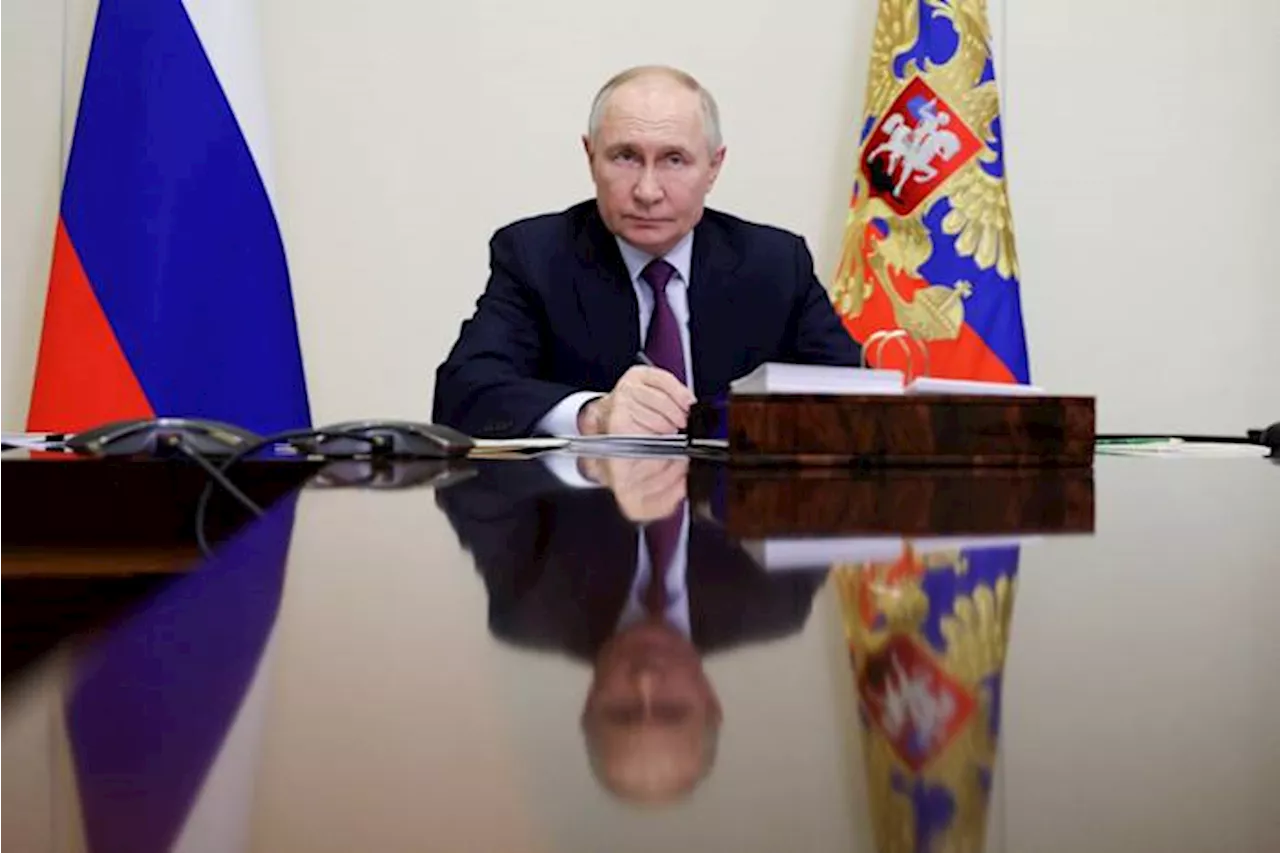President Trump's phone call with Russian President Putin signals a dramatic change in U.S. policy regarding the Ukraine conflict. By endorsing Putin's key demands, Trump sets the stage for potential peace talks that could result in painful compromises for Ukraine.
A recent phone call between President Donald Trump and Russian President Vladimir Putin has sent shockwaves through the international community. By labeling Ukraine's NATO membership as “impractical” and the return of Russian-occupied territories as “illusionary,” the Trump administration appears to be condoning key elements of Putin's agenda even before any potential peace settlement. This sudden shift in U.S.
policy marks a dramatic departure from the previous three years of isolating Putin over the Ukraine conflict.The call between Trump and Putin encompassed a wide range of issues, including the Middle East peace process, the role of the U.S. dollar in global finance, energy markets, and even artificial intelligence. Putin's long-held desire for direct dialogue with the U.S. on key global matters appears to be finally realized, setting the stage for a potentially new era in U.S.-Russia relations.While the potential path of Ukraine peace talks remains unclear, the phone call has undoubtedly broken the ice between Moscow and Washington. Putin's invasion of Ukraine in February 2022, driven by his opposition to Ukraine's NATO aspirations, triggered a major European conflict. Despite initial setbacks, Russia gradually regained momentum, achieving slow but steady gains across the vast front line. Control over approximately one-fifth of Ukrainian territory, including Crimea, which was annexed in 2014, remains in Russian hands.Putin has demanded the withdrawal of Ukrainian forces from four regions seized by Russia, the renunciation of NATO membership, and guarantees for the rights of Russian speakers. These demands, repeatedly emphasized by Putin and his allies, underscore Moscow's ambitious goals. However, Ukrainian President Volodymyr Zelenskyy has firmly rejected these terms.The current battlefield situation and Trump's pronouncements on the conflict suggest that Ukraine may be pressured into accepting concessions during any future negotiations. The outcome of these talks, and the future of Ukraine, hangs in the balance
US-Russia Relations Ukraine Conflict NATO Vladimir Putin Donald Trump Peace Talks Global Politics
United States Latest News, United States Headlines
Similar News:You can also read news stories similar to this one that we have collected from other news sources.
 Trump's Brooding on Putin's Ukraine WarPresident Trump's relationship with Russian President Vladimir Putin has cooled since taking office, with Trump now warning that Putin is leading Russia to ruin by prolonging the war in Ukraine. Trump promised to end the war quickly but faces pressure to find a solution as the conflict drags on. Experts say Trump will need to demonstrate to Putin that continuing the war is fruitless. The article explores Trump's options, including increasing military assistance to Ukraine and linking financial aid to Ukraine's rare earth minerals.
Trump's Brooding on Putin's Ukraine WarPresident Trump's relationship with Russian President Vladimir Putin has cooled since taking office, with Trump now warning that Putin is leading Russia to ruin by prolonging the war in Ukraine. Trump promised to end the war quickly but faces pressure to find a solution as the conflict drags on. Experts say Trump will need to demonstrate to Putin that continuing the war is fruitless. The article explores Trump's options, including increasing military assistance to Ukraine and linking financial aid to Ukraine's rare earth minerals.
Read more »
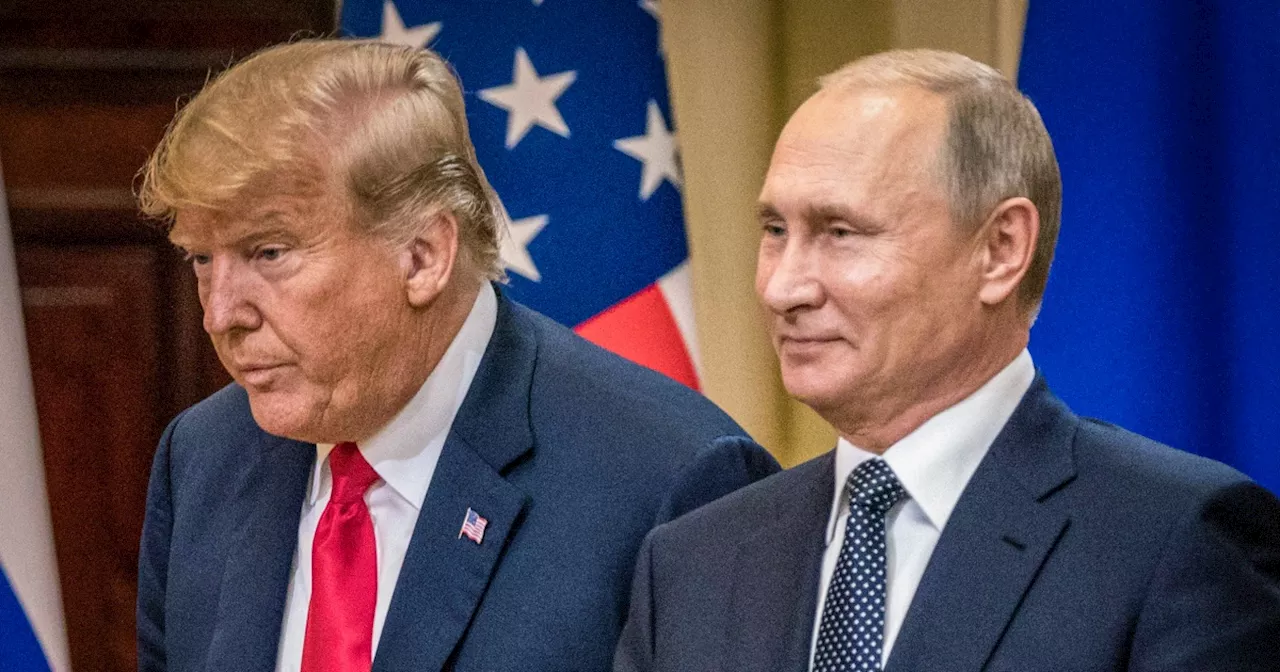 Trump Says He Spoke to Putin About Ending Ukraine War, Putin Agrees to Talks with ZelenskyyFormer President Donald Trump announced that he spoke with Russian President Vladimir Putin about ending the war in Ukraine, claiming Putin indicated willingness to negotiate directly with Ukrainian President Volodymyr Zelenskyy. Trump described the conversation as positive, stating they agreed to work together closely, including potential visits to each other's countries. He also said that his team would begin negotiations with Russia immediately.
Trump Says He Spoke to Putin About Ending Ukraine War, Putin Agrees to Talks with ZelenskyyFormer President Donald Trump announced that he spoke with Russian President Vladimir Putin about ending the war in Ukraine, claiming Putin indicated willingness to negotiate directly with Ukrainian President Volodymyr Zelenskyy. Trump described the conversation as positive, stating they agreed to work together closely, including potential visits to each other's countries. He also said that his team would begin negotiations with Russia immediately.
Read more »
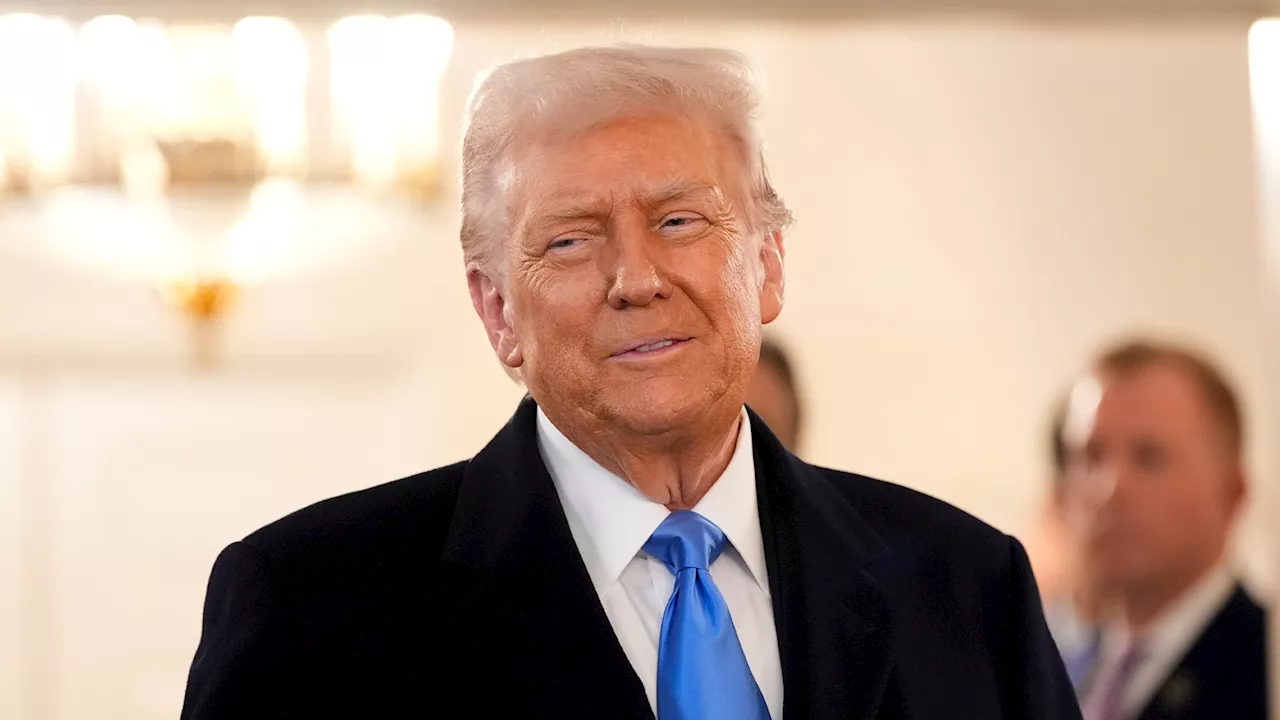 Trump Initiates Talks with Putin on Ukraine Peace, Sidelining Ukraine in NegotiationsPresident Trump's recent actions have drastically shifted U.S. policy towards Ukraine. He has initiated talks with Russian President Putin to end the war, bypassing the Ukrainian government. This move has sparked major concerns in Ukraine and among its Western allies.
Trump Initiates Talks with Putin on Ukraine Peace, Sidelining Ukraine in NegotiationsPresident Trump's recent actions have drastically shifted U.S. policy towards Ukraine. He has initiated talks with Russian President Putin to end the war, bypassing the Ukrainian government. This move has sparked major concerns in Ukraine and among its Western allies.
Read more »
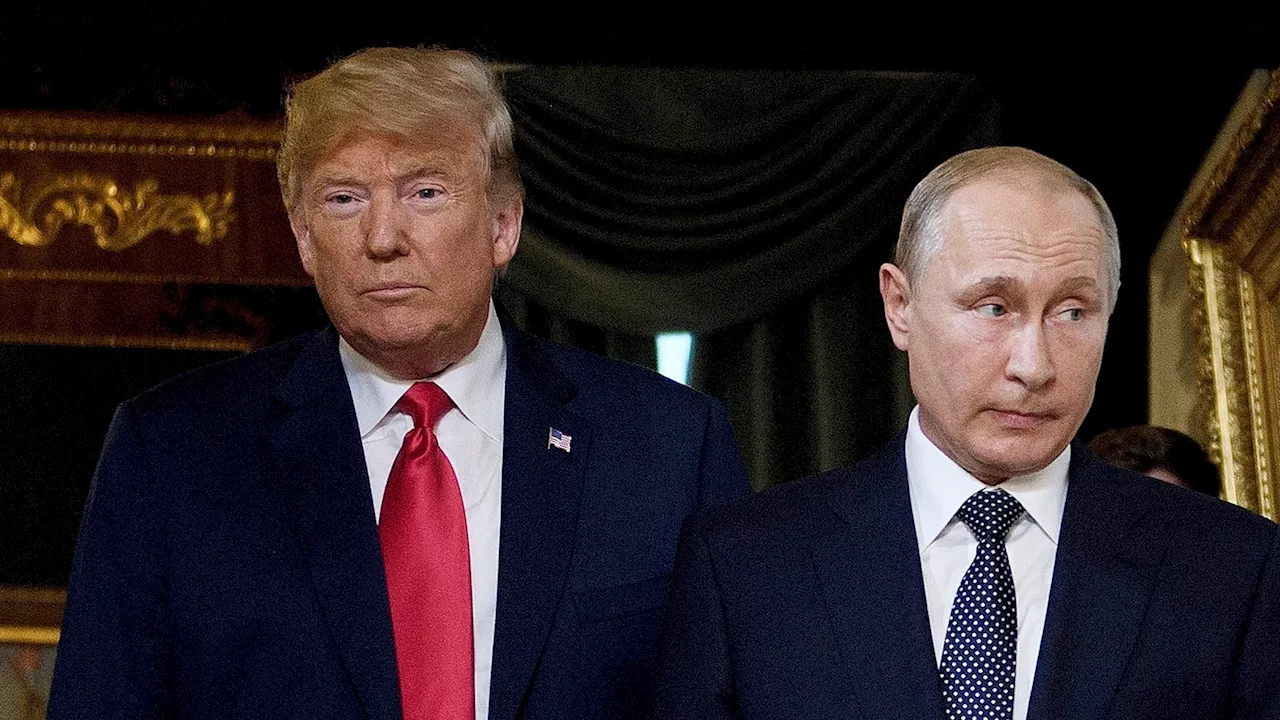 Trump Initiates Direct Talks with Putin to End Ukraine War, Ukraine's Role UnclearPresident Trump has announced direct talks with Russian President Putin to end the war in Ukraine. While the two leaders agreed to begin negotiations, it is unclear if Ukraine and President Zelenskyy will be directly involved. This move has sparked concerns about Ukraine's potential exclusion from peace negotiations.
Trump Initiates Direct Talks with Putin to End Ukraine War, Ukraine's Role UnclearPresident Trump has announced direct talks with Russian President Putin to end the war in Ukraine. While the two leaders agreed to begin negotiations, it is unclear if Ukraine and President Zelenskyy will be directly involved. This move has sparked concerns about Ukraine's potential exclusion from peace negotiations.
Read more »
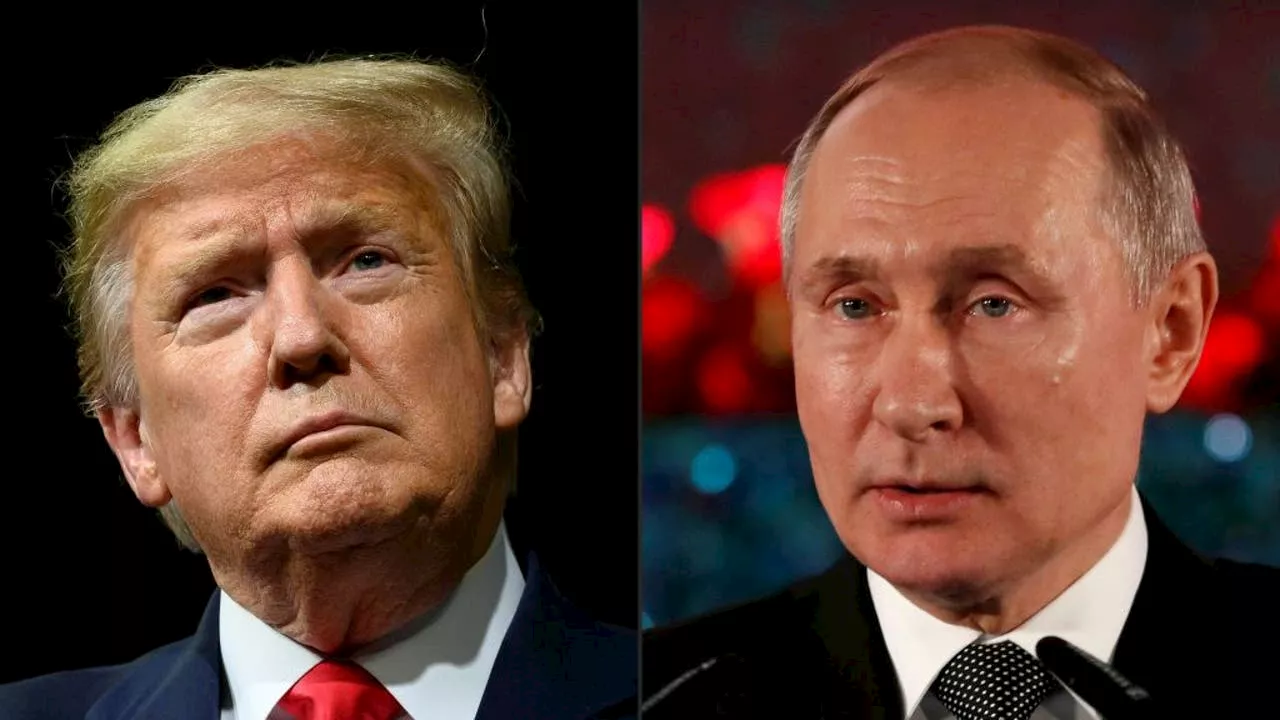 Trump and Putin Agree to Peace Talks in Ukraine, Raising Questions About Kyiv's RoleIn a surprising move, President Trump announced that he and Russian President Vladimir Putin have agreed to start negotiations aimed at ending the war in Ukraine. This shift in U.S. policy comes with questions about Ukraine's involvement in the peace process. While Trump emphasized his desire for peace and spoke with both Putin and Ukrainian President Volodymyr Zelenskyy, he did not confirm Ukraine's equal participation in the talks, contradicting the previous stance under President Biden. The announcement follows a prisoner exchange between the U.S. and Russia, which Trump framed as a diplomatic breakthrough. Trump has appointed a delegation led by Secretary of State Marco Rubio to negotiate with Russia, while Zelenskyy expressed optimism about the talks but acknowledged discussions about future U.S. military aid contingent on economic agreements. Trump also stated his opposition to Ukraine joining NATO, a stance that directly contradicts the Biden administration's policy. This major shift in U.S. strategy raises concerns about the future of negotiations and Ukraine's role in shaping its own destiny.
Trump and Putin Agree to Peace Talks in Ukraine, Raising Questions About Kyiv's RoleIn a surprising move, President Trump announced that he and Russian President Vladimir Putin have agreed to start negotiations aimed at ending the war in Ukraine. This shift in U.S. policy comes with questions about Ukraine's involvement in the peace process. While Trump emphasized his desire for peace and spoke with both Putin and Ukrainian President Volodymyr Zelenskyy, he did not confirm Ukraine's equal participation in the talks, contradicting the previous stance under President Biden. The announcement follows a prisoner exchange between the U.S. and Russia, which Trump framed as a diplomatic breakthrough. Trump has appointed a delegation led by Secretary of State Marco Rubio to negotiate with Russia, while Zelenskyy expressed optimism about the talks but acknowledged discussions about future U.S. military aid contingent on economic agreements. Trump also stated his opposition to Ukraine joining NATO, a stance that directly contradicts the Biden administration's policy. This major shift in U.S. strategy raises concerns about the future of negotiations and Ukraine's role in shaping its own destiny.
Read more »
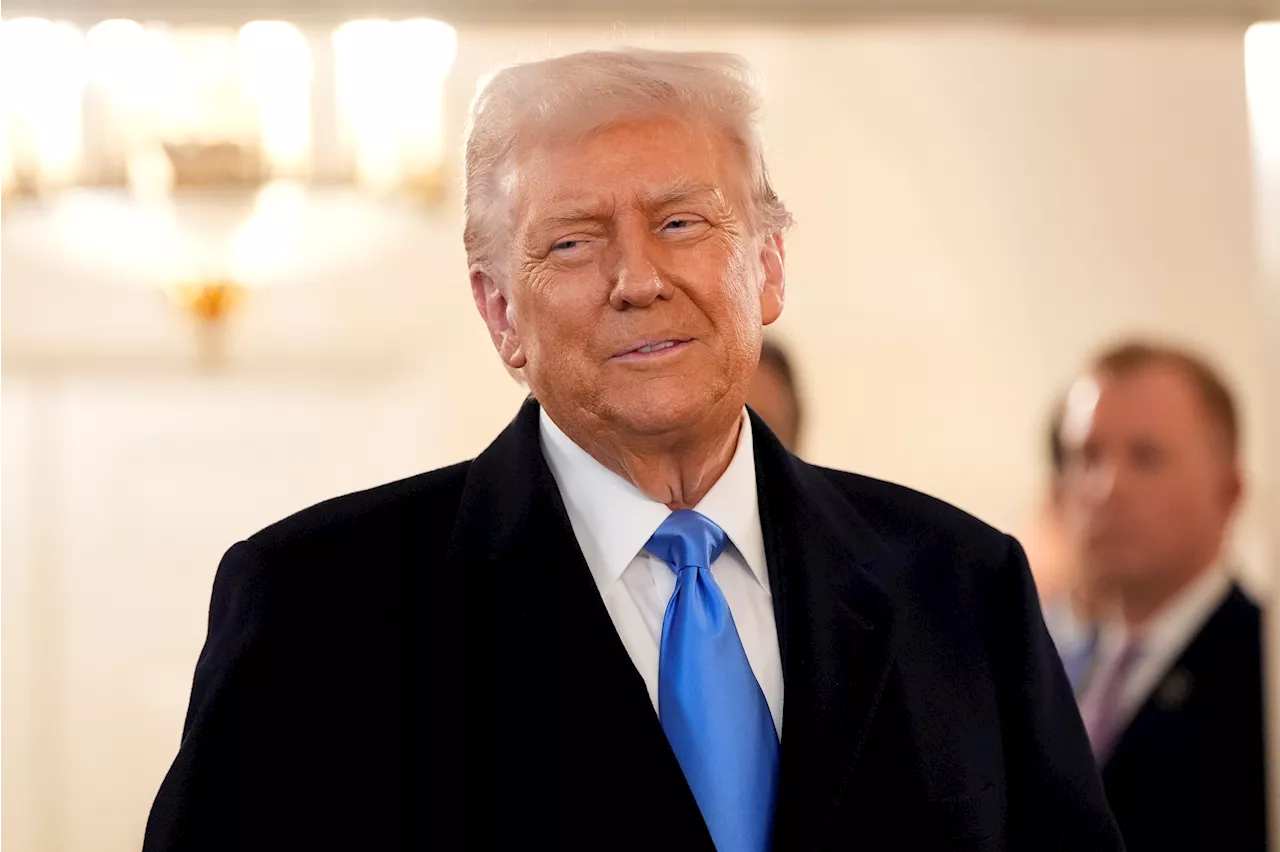 Trump Agrees to Work With Putin on Ukraine Peace DealFormer President Trump announced he spoke with both Russian President Vladimir Putin and Ukrainian President Volodymyr Zelenskyy, pledging to work with Putin to end the war in Ukraine. Trump also said he, Putin, and their teams will begin negotiations immediately. This move comes as a significant departure from the Biden administration's policy of 'Nothing about Ukraine without Ukraine.'
Trump Agrees to Work With Putin on Ukraine Peace DealFormer President Trump announced he spoke with both Russian President Vladimir Putin and Ukrainian President Volodymyr Zelenskyy, pledging to work with Putin to end the war in Ukraine. Trump also said he, Putin, and their teams will begin negotiations immediately. This move comes as a significant departure from the Biden administration's policy of 'Nothing about Ukraine without Ukraine.'
Read more »
